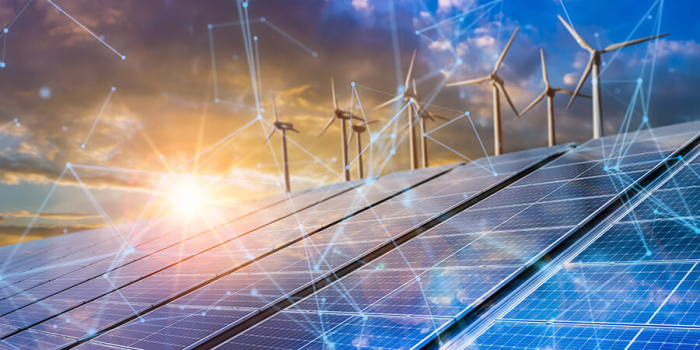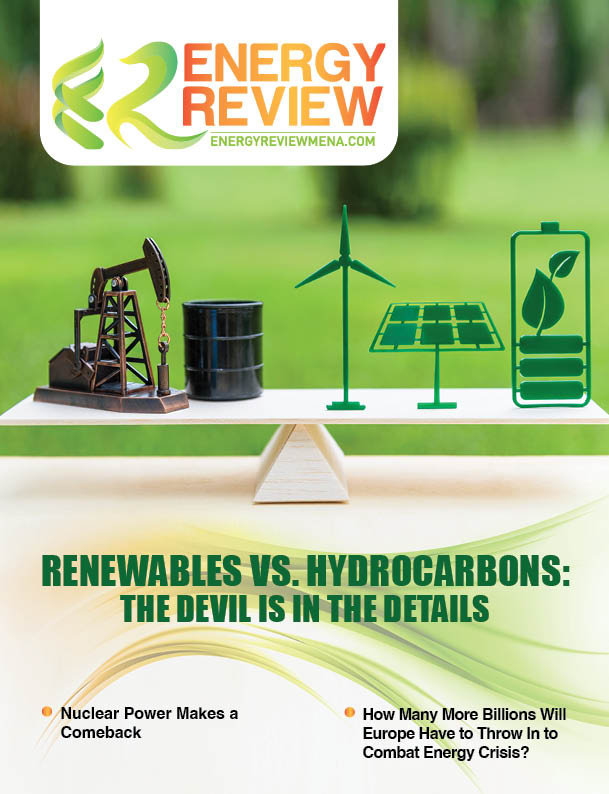Today, we understand that humanity’s use of fossil fuels is severely damaging our environment. Fossil fuels cause local pollution where they are produced and used, and their ongoing use is causing lasting harm to the climate of our entire planet. One of the greatest challenges we are facing nowadays is slowing this warming before it changes our world beyond recognition. Now that the global population is nearing eight billion, we clearly see the impact of rising CO2 concentrations.
However, the nature of climate change makes it politically challenging to deal with as well. Minimizing the impact of climate change requires re-making a multi-trillion-dollar industry that lies at the center of the economy and people’s lives. Reducing humanity’s reliance on fossil fuels requires investments here and now that provide uncertain, long-term benefits. Moving away from an economy that is centered on fossil fuel exports will require a dramatic social and economic transformation given that there are major socioeconomic, institutional, political and policy obstacles.
Yet, African countries are hardly alone in their refusal to accept global pressure to hurry their transition from fossil fuels to renewable energy sources like solar, wind and hydrogen power.
In May 2021, the International Energy Agency (IEA) issued a report, “Net Zero by 2050: A Roadmap for the Global Energy Sector,” calling for a halt to oil and gas exploration around the globe at the end of the year. That dramatic measure, the IEA argued, was the global energy sector’s only hope of achieving net-zero emissions (the emmision of greenhouse gases into the atmosphere equaling the amount being removed) by 2050, a goal outlined in the Paris Climate Agreement.
While some have put their support behind the IEA’s recommendation, a number of oil- and gas-producing nations have firmly and unapologetically rejected it.
The Deputy Director of International Affairs at Japan's Ministry of Economy, Trade and Industry (METI), Akihisa Matsuda, said that his government had no plans to immediately stop oil, gas and coal investments.
"The report provides one suggestion as to how the world can reduce greenhouse gas emissions to net-zero by 2050, but it is not necessarily in line with the Japanese government's policy," Matsuda said. "Japan needs to protect its energy security, including a stable supply of electricity, so we will balance this with our goal of becoming carbon neutral by 2050.”
Norway’s Oil Minister, Tina Bru, pushed back against the IEA’s recommendations as well. “It would not if Norway discontinues production,” Bru said. “It would just move to other countries, and then we are no further. This is a complex global problem that requires many solutions.”
And in the Philippines, Energy Secretary Alfonso Cusi said a rush to cut off oil, gas and coal financing would “set back the Philippines' aspiration to join the ranks of upper middle-income countries.”









